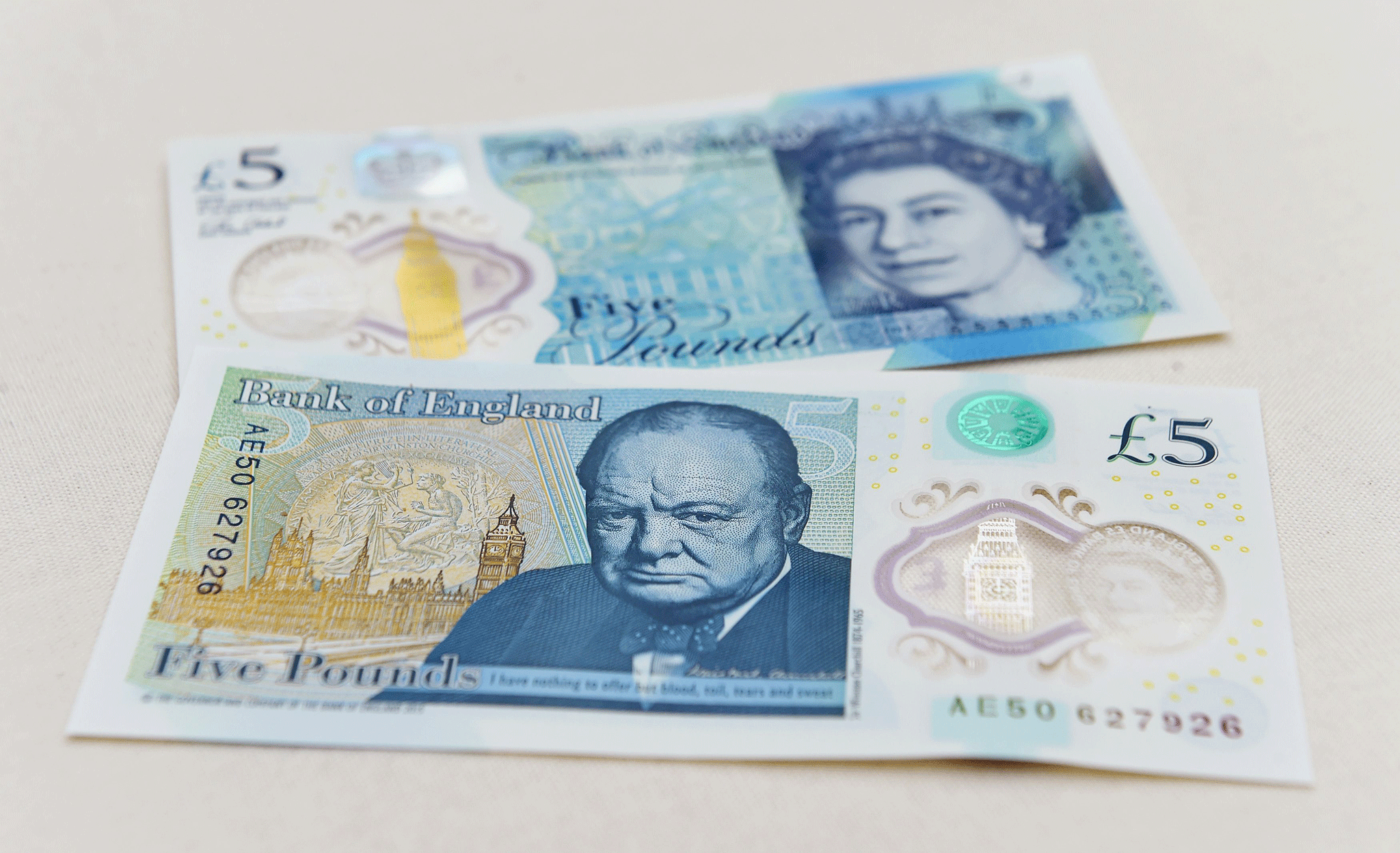Hindu temples ban new 'animal fat' £5 note
Faith organisation says the new £5 note 'ceases to be a simple medium of exchange but becomes a medium for communicating pain and suffering'

Your support helps us to tell the story
From reproductive rights to climate change to Big Tech, The Independent is on the ground when the story is developing. Whether it's investigating the financials of Elon Musk's pro-Trump PAC or producing our latest documentary, 'The A Word', which shines a light on the American women fighting for reproductive rights, we know how important it is to parse out the facts from the messaging.
At such a critical moment in US history, we need reporters on the ground. Your donation allows us to keep sending journalists to speak to both sides of the story.
The Independent is trusted by Americans across the entire political spectrum. And unlike many other quality news outlets, we choose not to lock Americans out of our reporting and analysis with paywalls. We believe quality journalism should be available to everyone, paid for by those who can afford it.
Your support makes all the difference.Hindu temples have banned the new five pound note after it was revealed that it contained animal fat.
Last week, it was revealed that the banknotes contain tallow, which comes from beef or mutton fat.
As well as outraging vegetarians and vegans, the news also caused concern among members of the Hindu community, who view cows as sacred.
Now, some Hindu temples have decided to ban the note on their premises.
The Bhaktivedanta Manor, a Hare Krishna temple in Hertfordshire, posted a photo of a sign to Facebook which said: “We no longer accept the new five pound notes as they contain animal fat. Apologies for the inconvenience.”
The National Council of Hindu Temples has issued a statement against the new material and said the money “ceases to be a simple medium of exchange but becomes a medium for communicating pain and suffering and we would not want to come into contact with it.”
The statement continued: “We are very comfortable that this has happened without any malicious intent but merely out of ignorance and a lack of sensitivity and knowledge and it seems that steps are being taken to ensure that this error is corrected.
“We look forward to being able to identify which notes are contaminated and learning of their prompt withdrawal and replacement with ‘Karma free notes’.”
Satish Sharma from the Council told the BBC he knew of at least three temples which are not accepting the banknotes.
However, while “disappointed” at the use of tallow in the tender, other temples have agreed to continue using it.
The Shree Sanatan temple in Leicester has launched a campaign to have the note replaced.
“We are very disappointed to learn that the new £5.00 note contains traces of animal fat,” a statement on the temple’s website said. “We will make our devotees aware of the content of the new £5.00 note and encourage them not to utilise it in our main prayer hall.
“Being a charity organisation that relies solely on public donations we will reluctantly continue to accept the new £5.00 on our premises for the time being.
“We urge the Bank of England to expedite a rectification on this matter.”
A petition to remove tallow from the bank notes has received more than 120,000 signatures.
Join our commenting forum
Join thought-provoking conversations, follow other Independent readers and see their replies
Comments